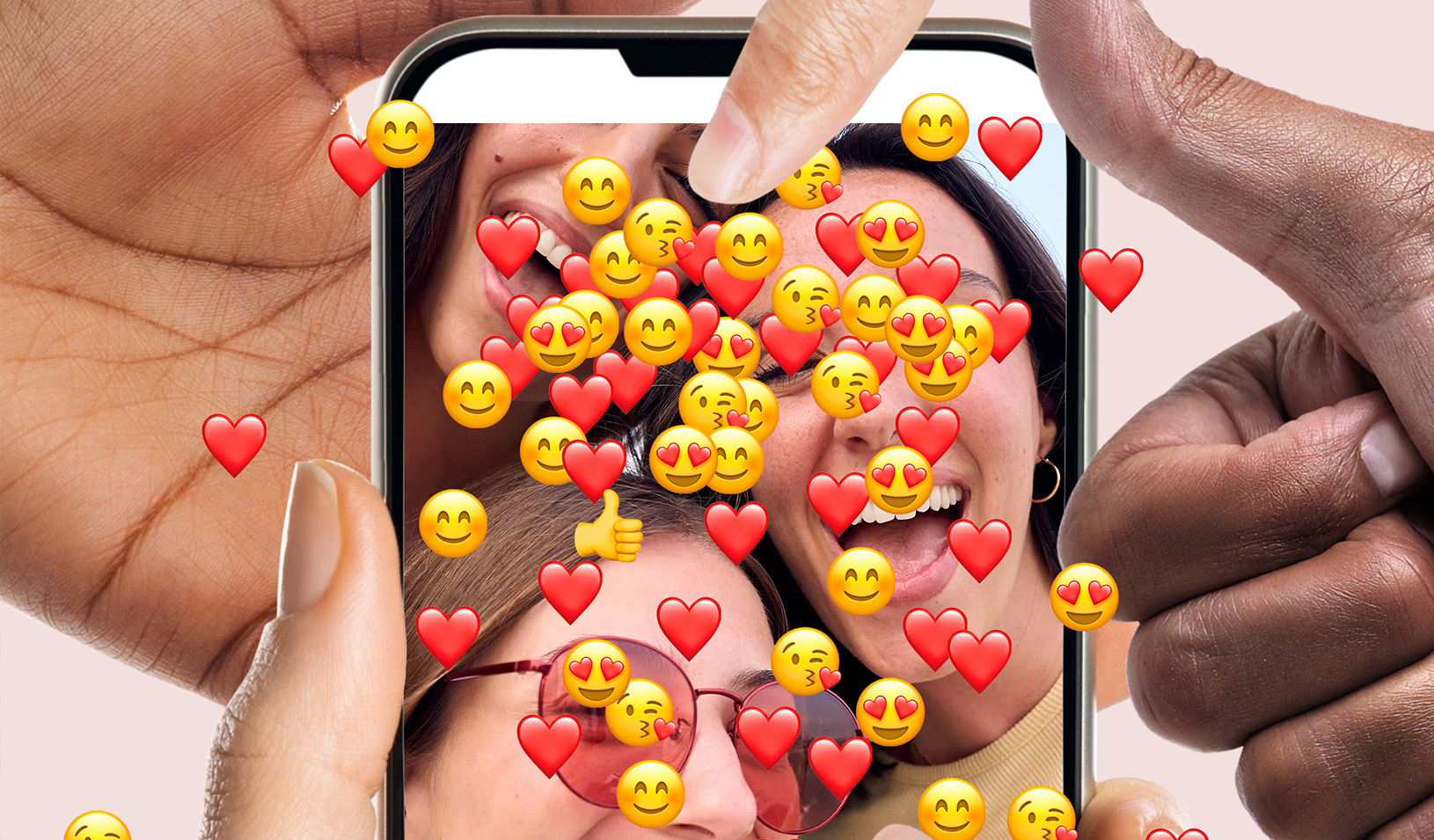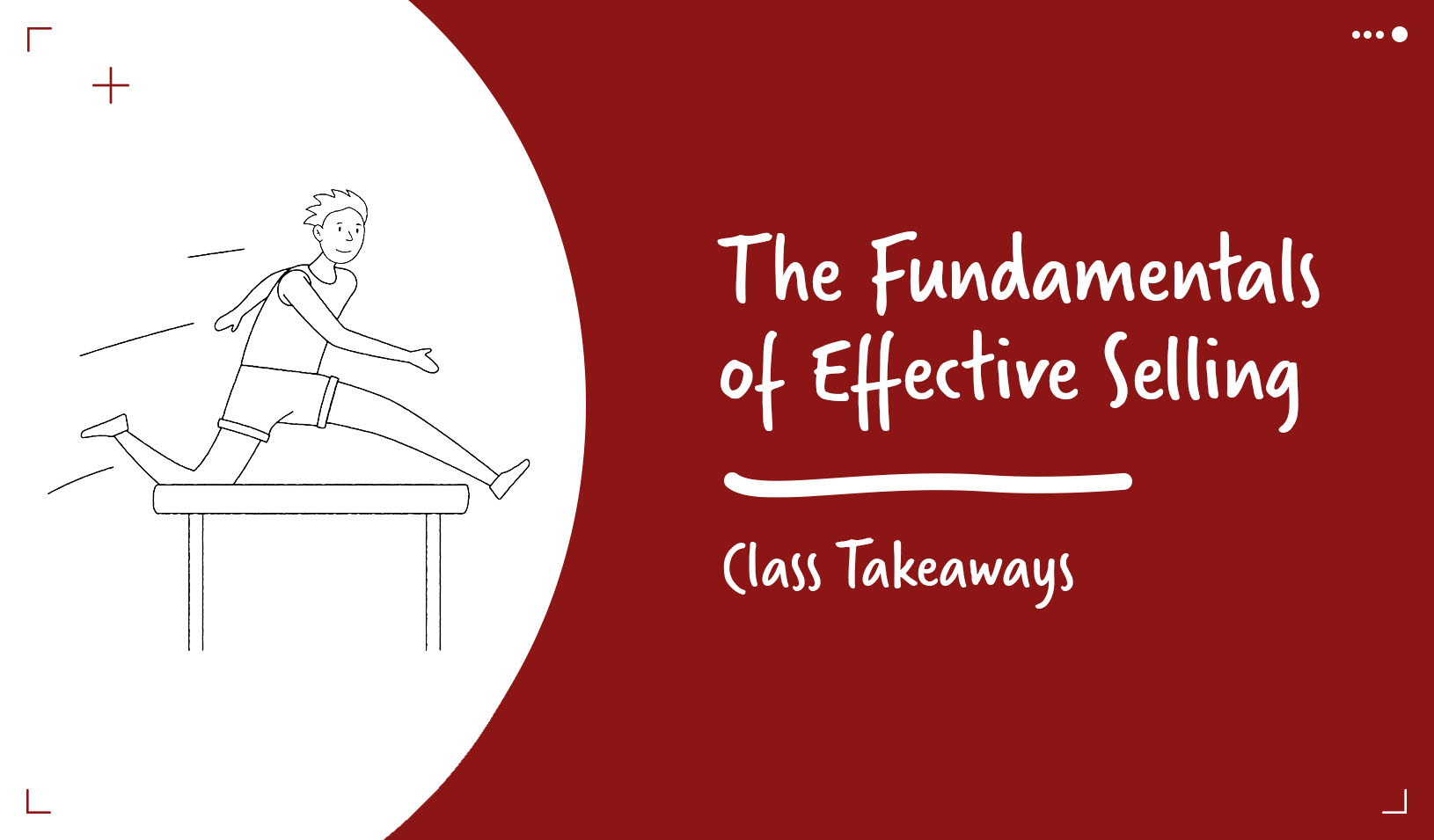Hypothetically Speaking, Beware
Baba Shiv's research reveals why hypothetical questions aren't as innocent as they seem.
November 12, 2011
As Americans tune in to the debate preceding the next election, some will hear hypothetical questions about candidates. You might get a phone call, for example, asking how likely you would be to vote for so-and-so if she’d hired an illegal immigrant, or if such-and-such a candidate opposed gay marriage.
Questions in this form are so common that we rarely give them a second thought. After all, trial lawyers sizing up prospective jurors, or market researchers testing the waters through focus groups, routinely use hypothetical questions in their work.
“But what seems innocuous can have insidious effects on an individual,” says Baba Shiv, Sanwa Bank, Limited, Professor of Marketing at Stanford GSB. He and his colleagues have shown that hypothetical questions don’t merely measure our current attitudes: such questions can actually sway opinion and affect behavior. And, in their most recent study in this line of research, they showed how and why this distortion occurs.

Designers of political “push polls” understand the basic effect already: ostensibly asking for your true opinion, the push pollster in reality aims to spread rumors and taint your view. (The most notorious example was a push poll during the 2000 Republican Primaries that asked South Carolina voters whether they’d vote for John McCain if they learned that he had fathered an illegitimate child.) Since hypothetical questions cloak a malicious act under the cover of legitimacy, Shiv calls them wolves in sheep’s clothing. “Because they’re hypothetical, they’re not subject to criticism. If I make an outright accusation, I have to defend it, whereas with a hypothetical, I can say, ‘I didn’t say that. It’s a hypothetical question.’”
In an experiment published in 2001, Shiv and his colleague Gavan Fitzsimons, a professor at Duke University, looked at voting behavior, finding that hypothetical questions like those used in push polls decreased the percentage of participants voting for the targeted candidate. In this latest set of experiments, the researchers, who also included scholars from the Alberta School of Business and the University of Southern California, probed deeper to discover what gives hypothetical questions their power. Hypothetical questions, they found, work by heightening what psychologists call “accessibility” — “what information becomes top of mind,” Shiv explains.
Under normal circumstances, any stereotypic beliefs you may have about politicians or conservatives or any other group are generally buried in your mind, so they won’t have much effect on how you behave. “But if a stereotype becomes top of mind, this top-of-mind knowledge will have an impact on behavior,” Shiv says. For example, if one of your stereotypes of politicians is that they’re corrupt, then hearing a hypothetical question about a politician who took bribes will remind you of that stereotype, making you even less likely than before to vote for that politician in the near future.
That certainly sounds sneaky, but what makes the process especially insidious is that it happens subconsciously. “Even if you alert people that this situation is hypothetical, they don’t latch on to that. They simply focus on the content, and not the context.”
For example, in one experiment, the researchers gave a pretrial jury selection questionnaire to a group of actual prospective jurors. They asked some of them, hypothetically, how finding out that the defendant was a gang member would affect their impartiality in the trial. Even though the questionnaire explicitly told participants not to use the questions to draw conclusions about the case, participants who saw this question ended up giving more guilty verdicts and meting out harsher sentences, at least on paper, than did participants who hadn’t been exposed to the hypothetical.
Shiv, of course, is reluctant to encourage anyone to exploit the power of hypotheticals, but he suggests they can be a fallback when you don’t have all the facts to make your case. The more important takeaway, though, is to notice when others are using hypotheticals — and to raise your guard. “Whether we know it or not, we’re being influenced by innocuous-looking tactics.”
For media inquiries, visit the Newsroom.
Explore More

What Makes Some Words More Memorable Than Others?

To Make Influencers Seem More Authentic, Just Add #Friends



